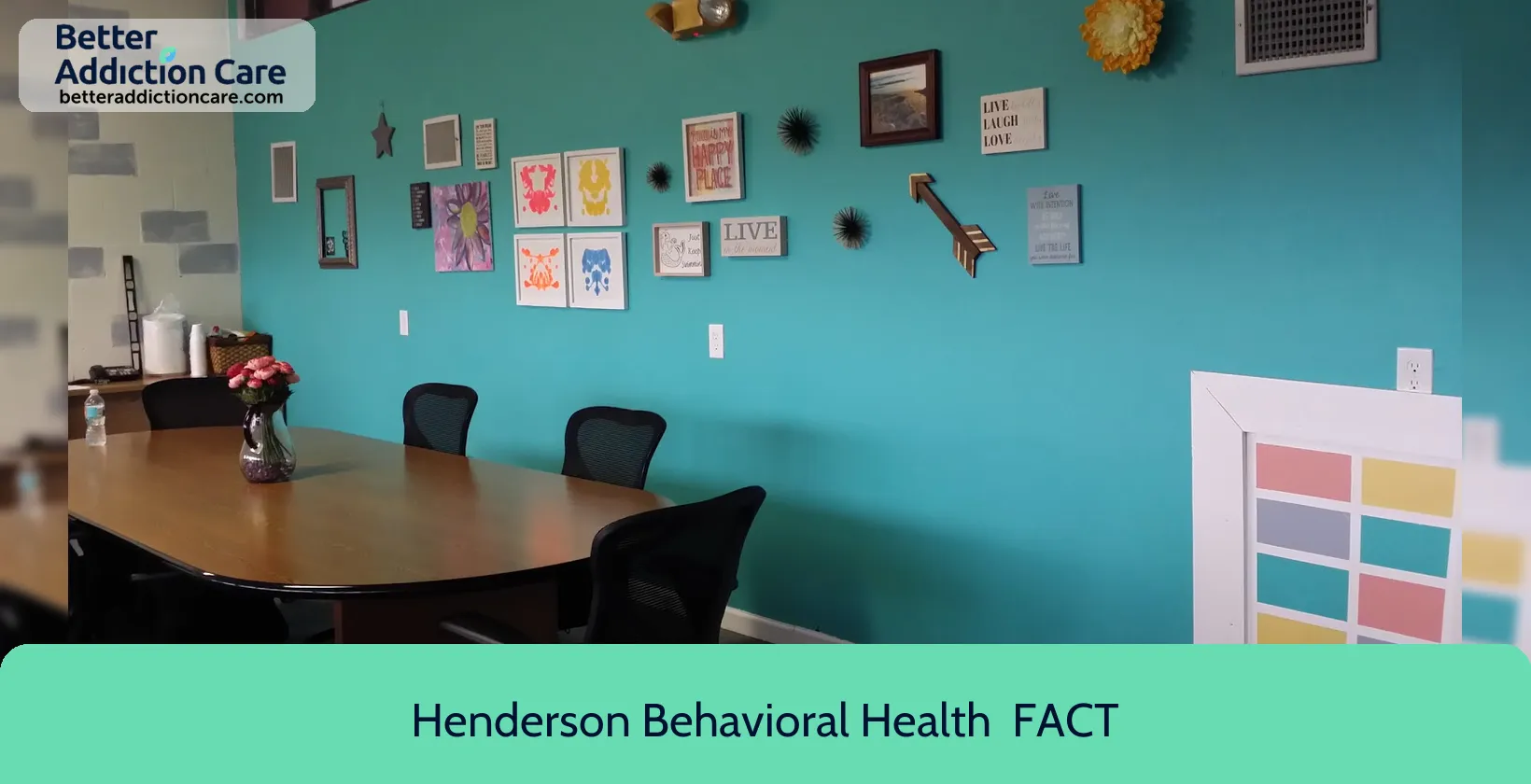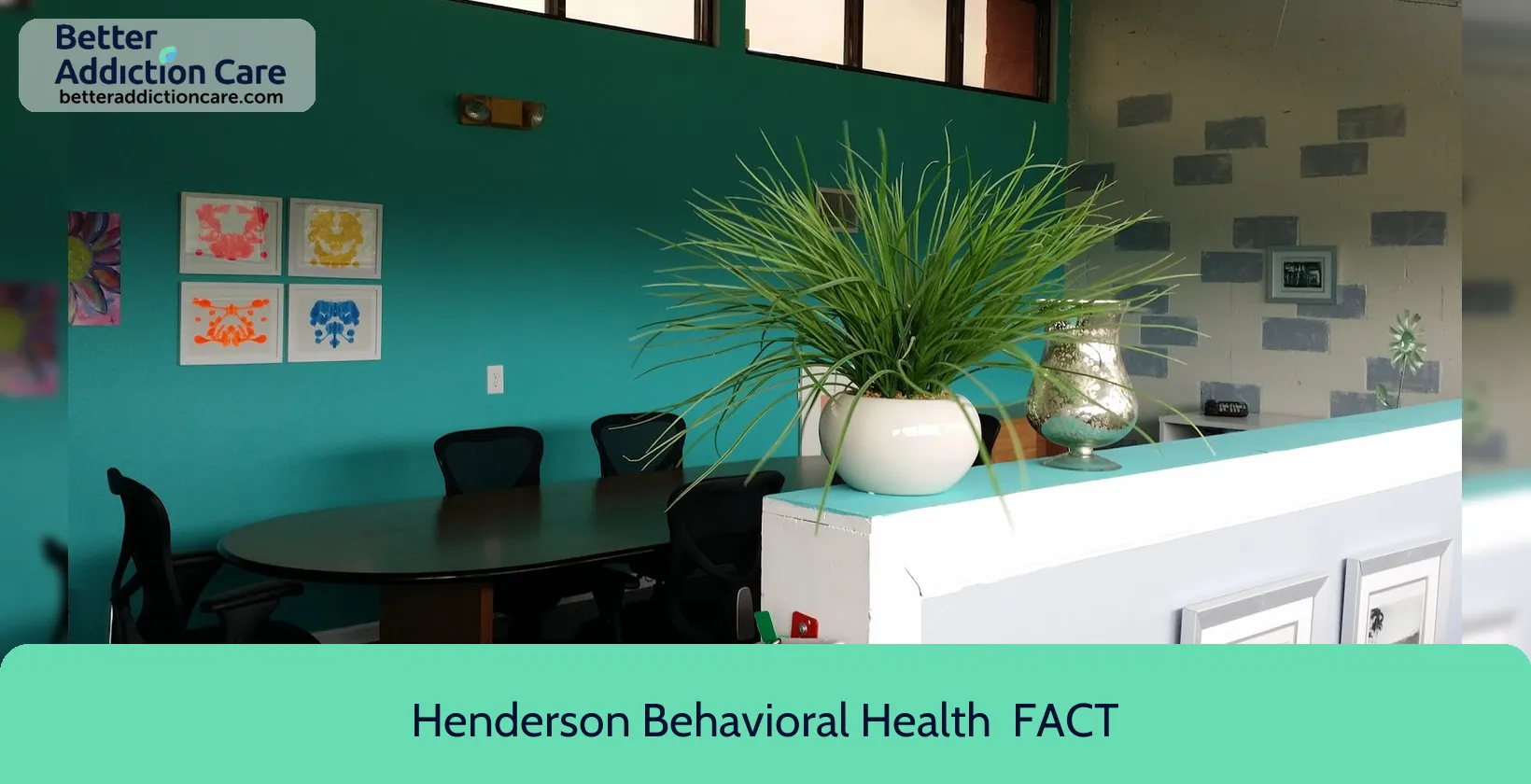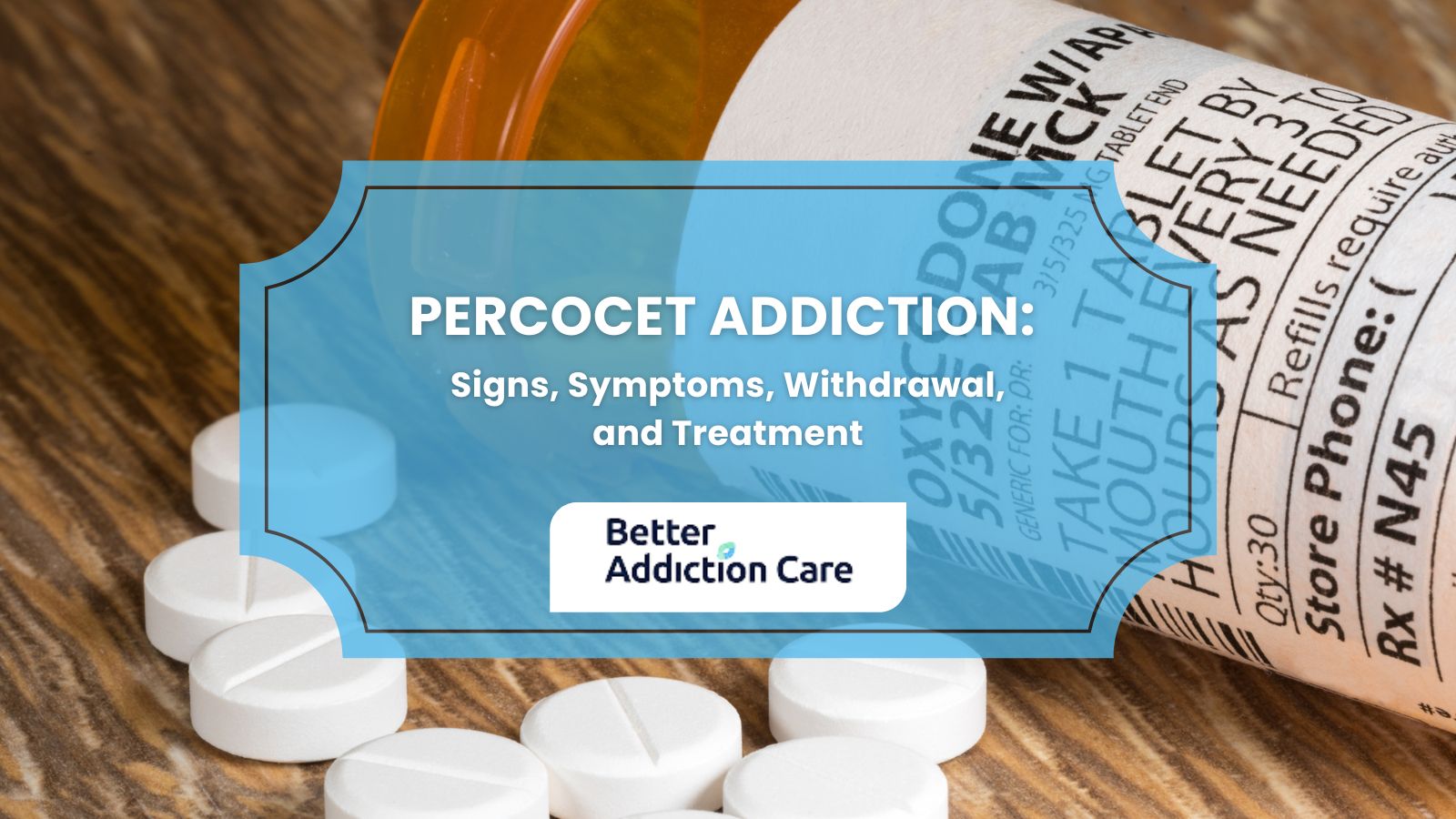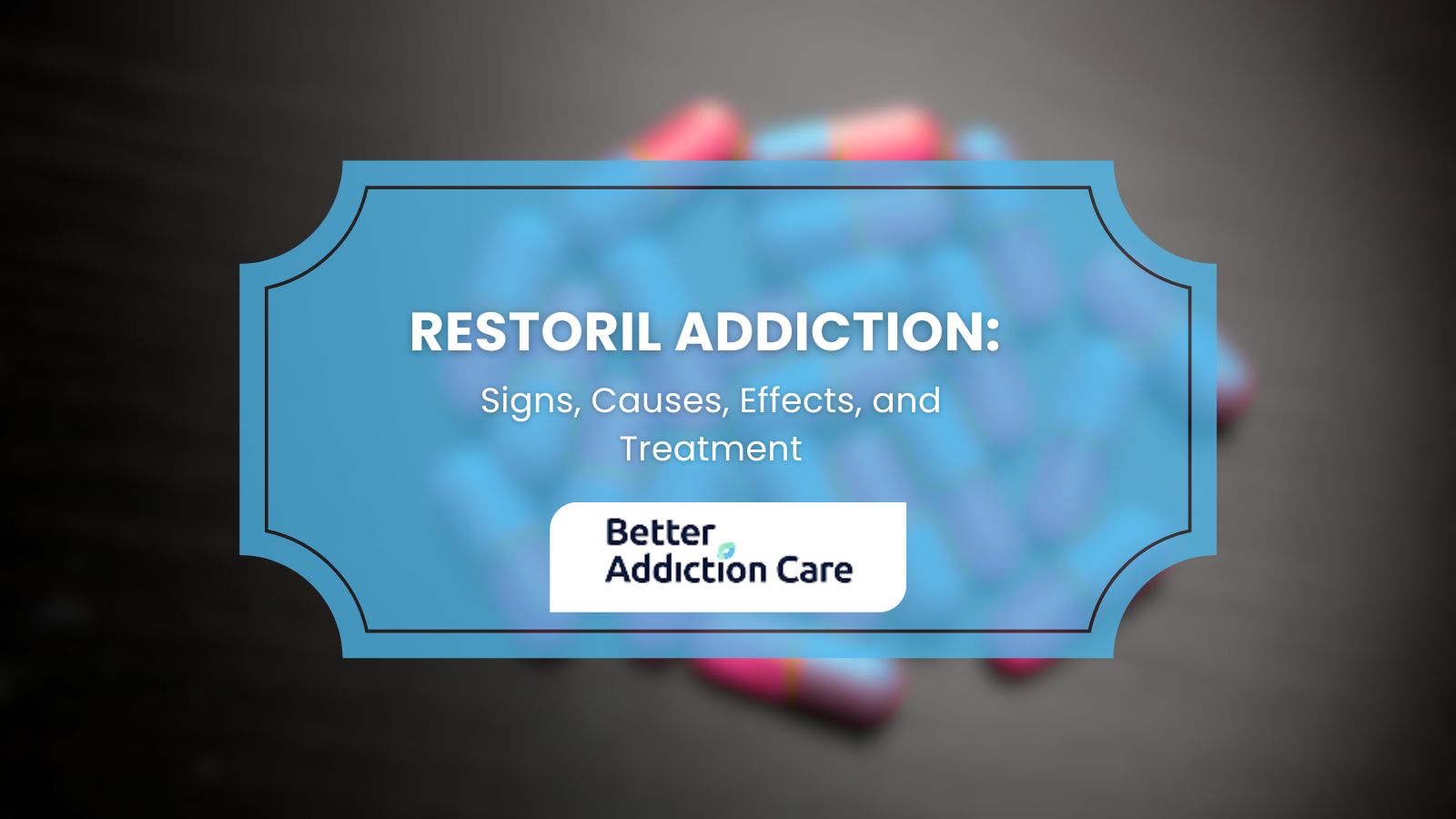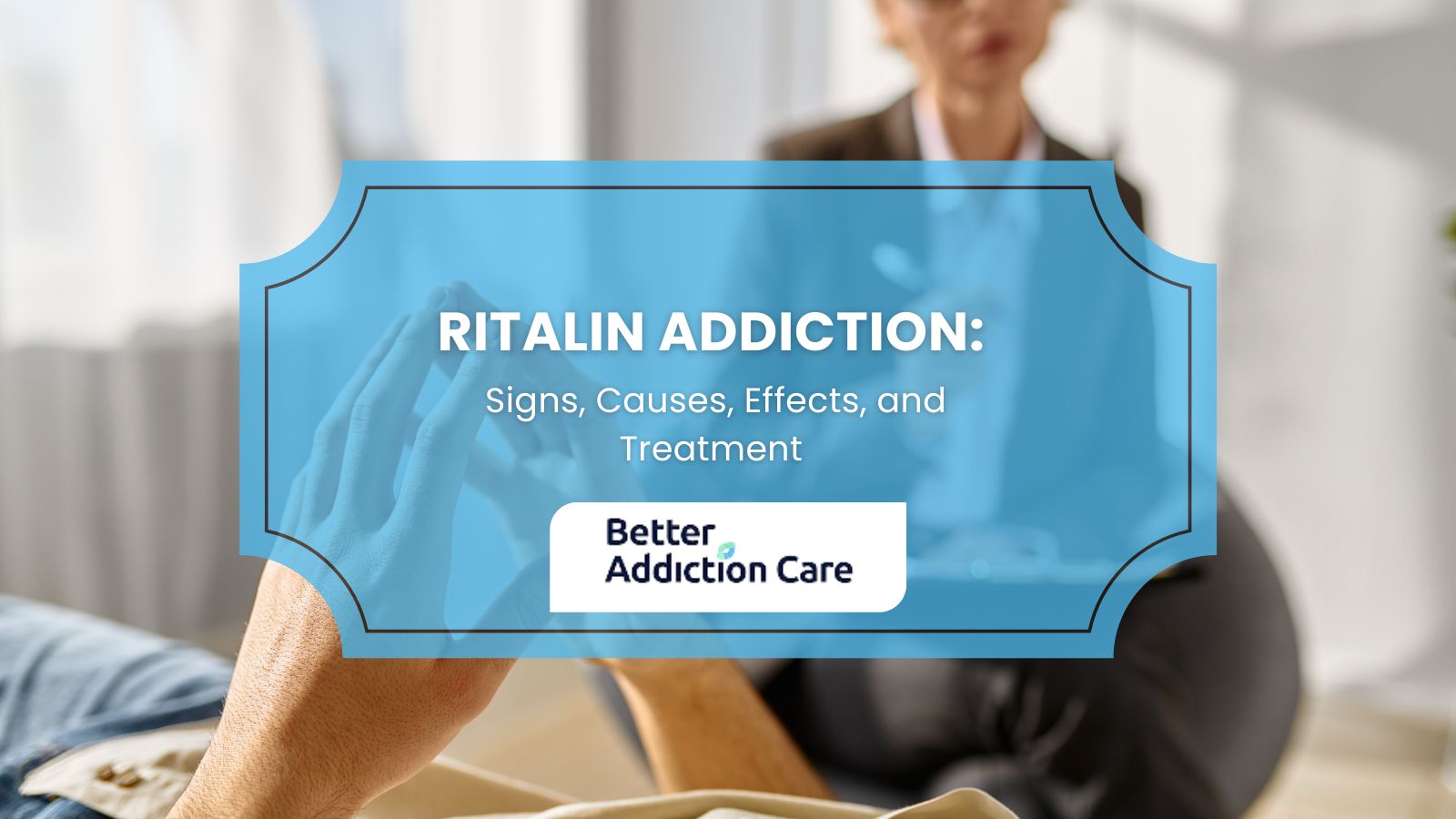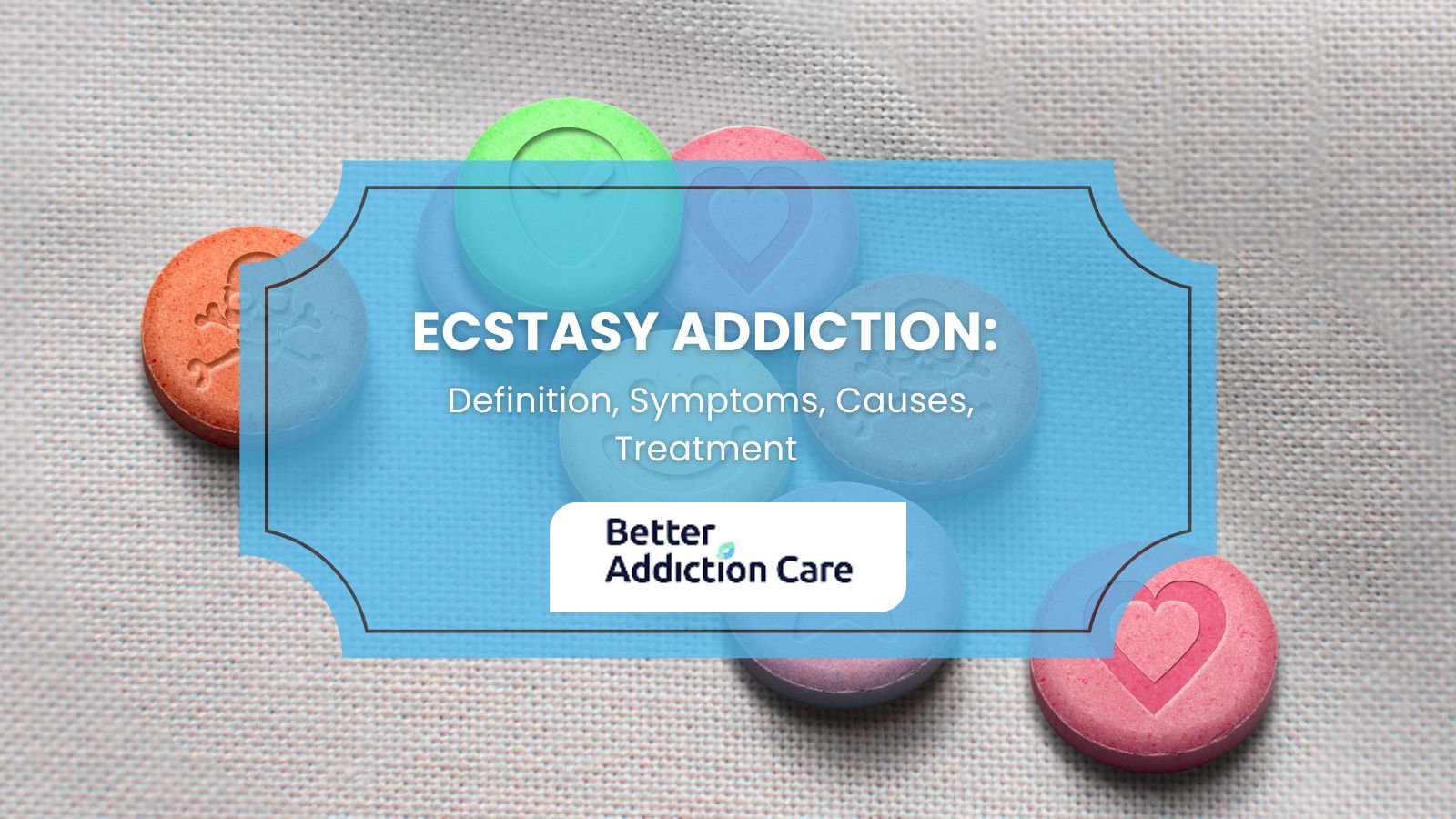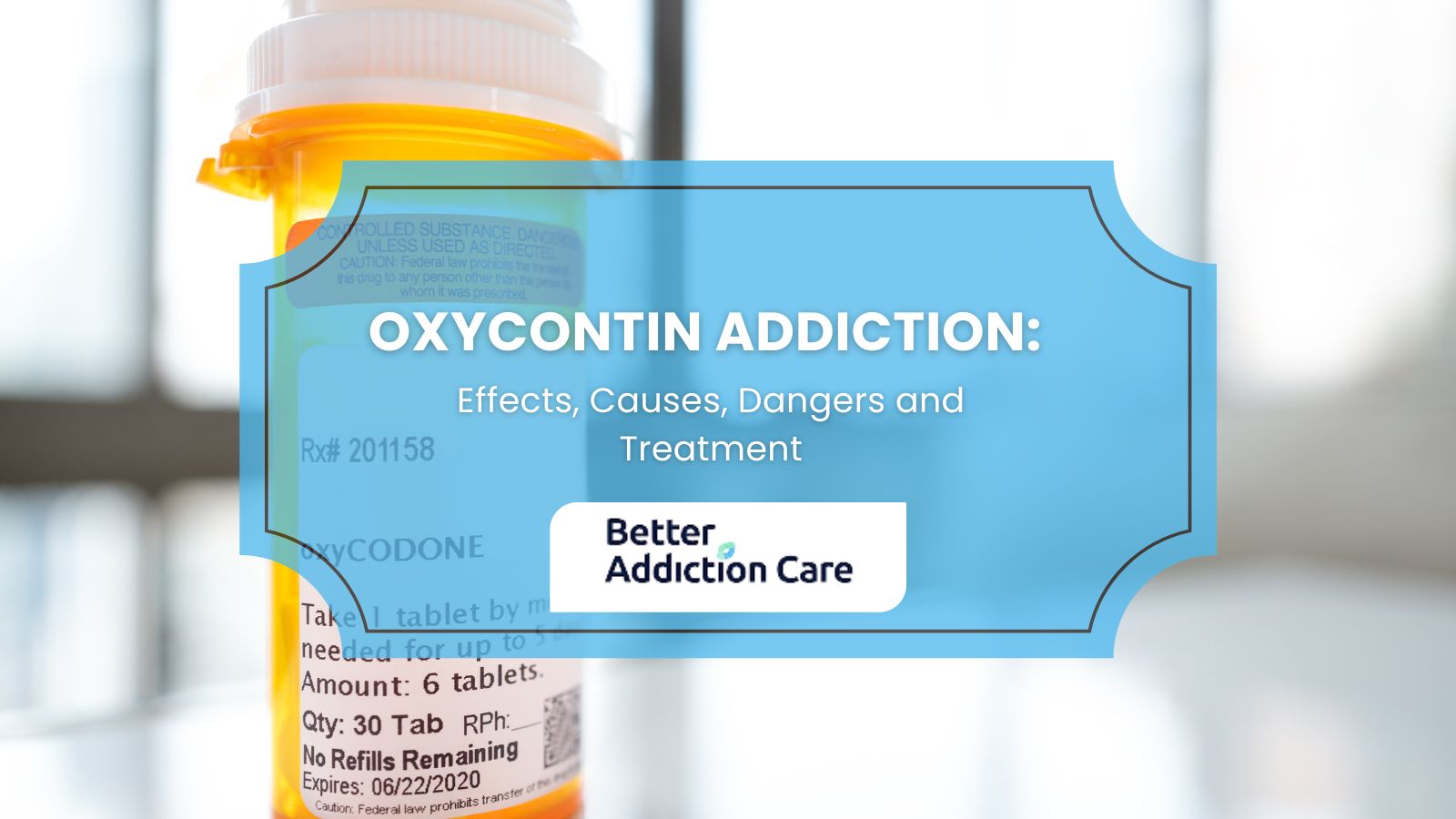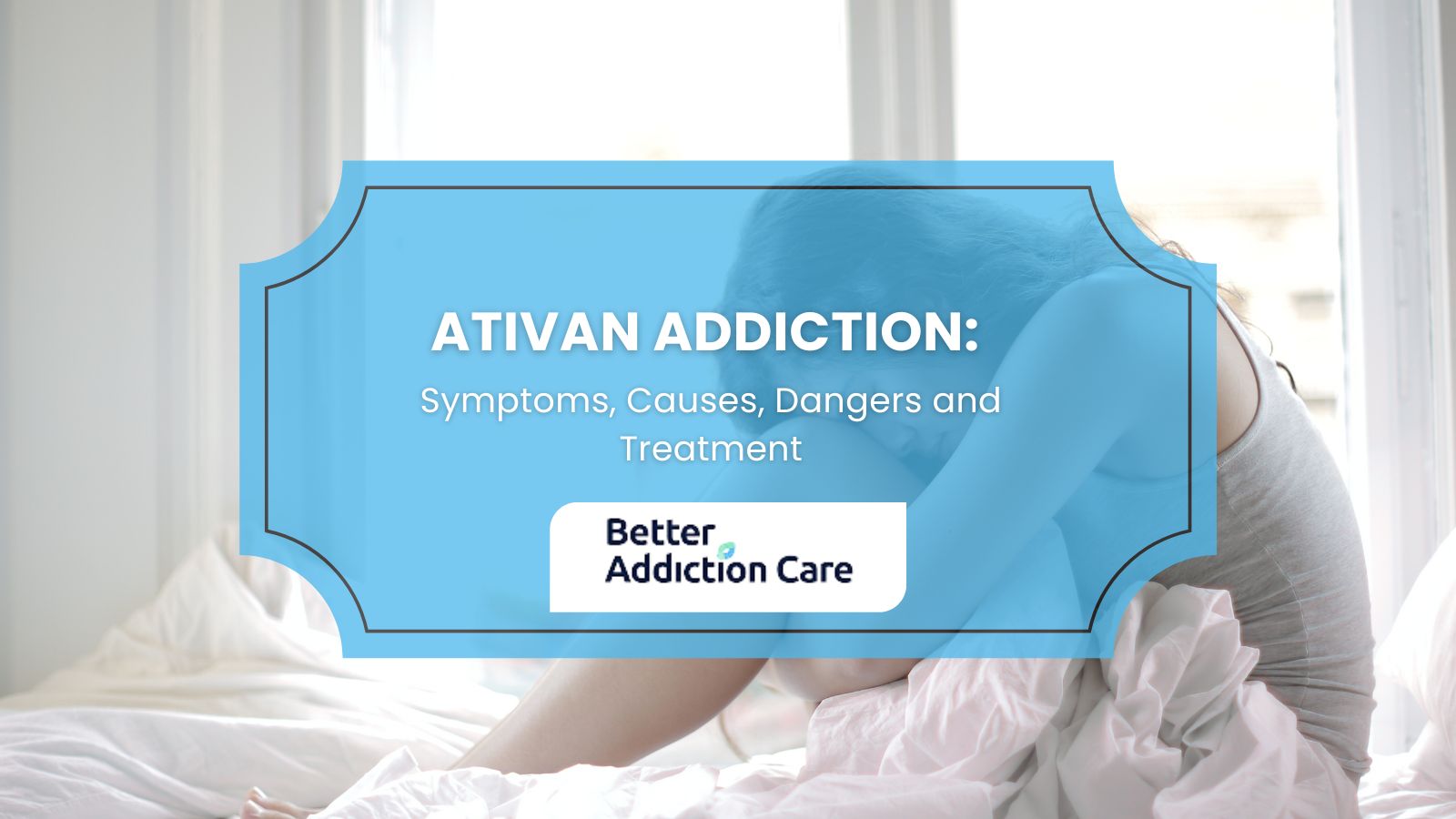Henderson Behavioral Health - FACT
Overview
Henderson Behavioral Health - FACT is a substance abuse treatment center for people seeking treatment near Palm Beach County. As part of their treatment modalities for recovery, Henderson Behavioral Health - FACT provides family counseling, cognitive behavioral therapy, and group counseling during treatment. Henderson Behavioral Health - FACT is located in Palm Springs, Florida, accepting medicaid for treatment.
Henderson Behavioral Health - FACT at a Glance
Payment Options
- Medicaid
- Sliding fee scale (fee is based on income and other factors)
- Medicare
- Cash or self-payment
- Private health insurance
Assessments
- Comprehensive mental health assessment
- Comprehensive substance use assessment
Age Groups
- Adults
- Children/adolescents
- Young adults
Operation
- Private non-profit organization
Highlights About Henderson Behavioral Health - FACT
6.93/10
With an overall rating of 6.93/10, this facility has following balanced range of services. Alcohol Rehabilitation: 8.00/10, Drug Rehab and Detox: 6.00/10, Insurance and Payments: 6.40/10, Treatment Options: 7.33/10.-
Alcohol Rehabilitation 8.00
-
Treatment Options 7.33
-
Insurance and Payments 6.40
-
Drug Rehab and Detox 6.00
Accreditations
Commission on Accreditation of Rehabilitation Facilities (CARF):

CARF accreditation is a prestigious recognition for organizations in rehabilitation and human services. It signifies that an organization meets rigorous quality standards and is committed to providing top-notch care. Achieving CARF accreditation involves a thorough evaluation process, including on-site surveys, to ensure excellence in programs and services. This accreditation boosts an organization's credibility, assures clients and funders of quality, and promotes ongoing improvement in the field of rehabilitation and human services.
Registration: 234059
Treatment At Henderson Behavioral Health - FACT
Treatment Conditions
- Mental health treatment
- Alcoholism
- Opioid Addiction
- Substance use treatment
- Co-occurring Disorders
Care Levels
- Intensive outpatient treatment
- Detoxification
- Aftercare
- Halfway house
- Outpatient
Treatment Modalities
- Family counseling
- Cognitive Behavioral Therapy
- Group counseling
- Experiential Therapy
- Marital/couples counseling
Ancillary Services
Languages
- Spanish
Special Programs
- Children/adolescents with serious emotional disturbance (SED)
- Active duty military
- Clients who have experienced trauma
Contact Information
Read our Most Recent Article About Drug Addiction
DISCLAIMER: The facility name, logo and brand are the property and registered trademarks of Henderson Behavioral Health - FACT, and are being used for identification and informational purposes only. Use of these names, logos and brands shall not imply endorsement. BetterAddictionCare.com is not affiliated with or sponsored by Henderson Behavioral Health - FACT.
